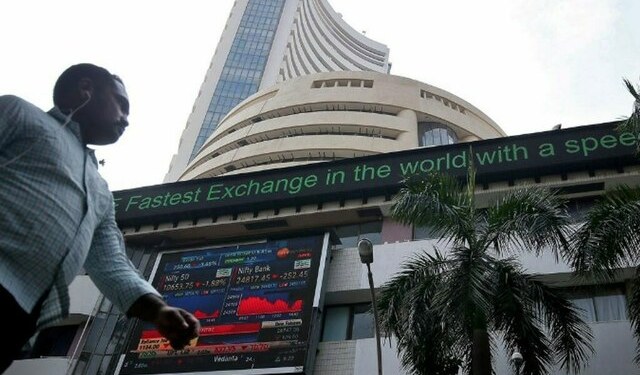(Bloomberg) — Moody’s Investors Service raised its outlook on Mexico’s credit rating to stable from negative, saying that the risks to growth stemming from Nafta renegotiation are receding as engagement between the nations has remained solid despite a challenging negotiation process.
The foreign-currency rating was affirmed at A3, Moody’s said in a statement on Wednesday. Economic overhauls adopted under President Enrique Pena Nieto have increased the Mexican economy’s resilience to shocks, and the economy will expand 2 percent this year and 2.5 percent in 2019, with upside potential in the following years based on sustained U.S. expansion and foreign investment in the oil industry, Moody’s said.
The rating agency added that it sees a low probability that the next president, through sharp change in policy, weakens the nation’s economic and fiscal trends. The nation’s institutional framework and checks and balances limit downside credit risks from potential policy reversal, Moody’s said. Mexico will hold an election July 1, and leftist Andres Manuel Lopez Obrador’s opponents have tried to paint him as a dangerous risk for the economy.
Who’s ahead in Mexico’s election? For Bloomberg Poll Tracker, click here.
“The main driver of the negative outlook from last year was the negative headlines on Nafta,” said Jaime Reusche, Moody’s senior credit officer and sovereign analyst for Mexico. “We now have a more benign outlook for the negotiations.”
Nafta talks among the U.S., Canada and Mexico are continuing, although the U.S. push to announce a framework deal this week looks to have fallen short after the President Donald Trump canceled his trip to Peru to participate in a regional summit. Mexican Economy Minister Ildefonso Guajardo on Monday said he sees an 80 percent chance of an initial agreement by the first week of May. The parties’ desire to come to an agreement swiftly suggests that there won’t be dramatic changes Reusche said.
Bloomberg’s poll tracker shows Lopez Obrador with 44 percent support, compared with 30 percent for runner-up Ricardo Anaya. That has led to concern among investors that Lopez Obrador may seek to roll back the opening up of the energy sector and cancel contracts for public works like the $13 billion Mexico City airport project. According to Trace data, bonds sold to finance the airport have been among the most traded corporate debt in emerging markets over the past week.
“The press has been trying to interpret what we said on the political front,” Reusche told Bloomberg in a phone interview. “We’re not saying there won’t be change, but we think the outlook will hold for the next 12 to 18 months.”
Implied volatility for the Mexican peso shows a spike in anxiety around the July 1 elections, and Esteban Polidura, chief investment officer for the Mexican unit of UBS Group AG, warns that the market is underestimating potential gains by Lopez Obrador’s supporters in Congress.
Mexico’s solid fiscal position, independent central bank and democratic institutions will stand the country in good stead, whoever wins the election, Reusche said, but Moody’s stands ready to act, despite the stable outlook. “If there are indeed abrupt changes to the macroeconomic framework of the country, then we do see significant downside pressure on the rating.”
(Adds analyst comments in fourth, seventh aand ninth paragraphs.)
Fusion Media or anyone involved with Fusion Media will not accept any liability for loss or damage as a result of reliance on the information including data, quotes, charts and buy/sell signals contained within this website. Please be fully informed regarding the risks and costs associated with trading the financial markets, it is one of the riskiest investment forms possible.
Source: Investing.com



























